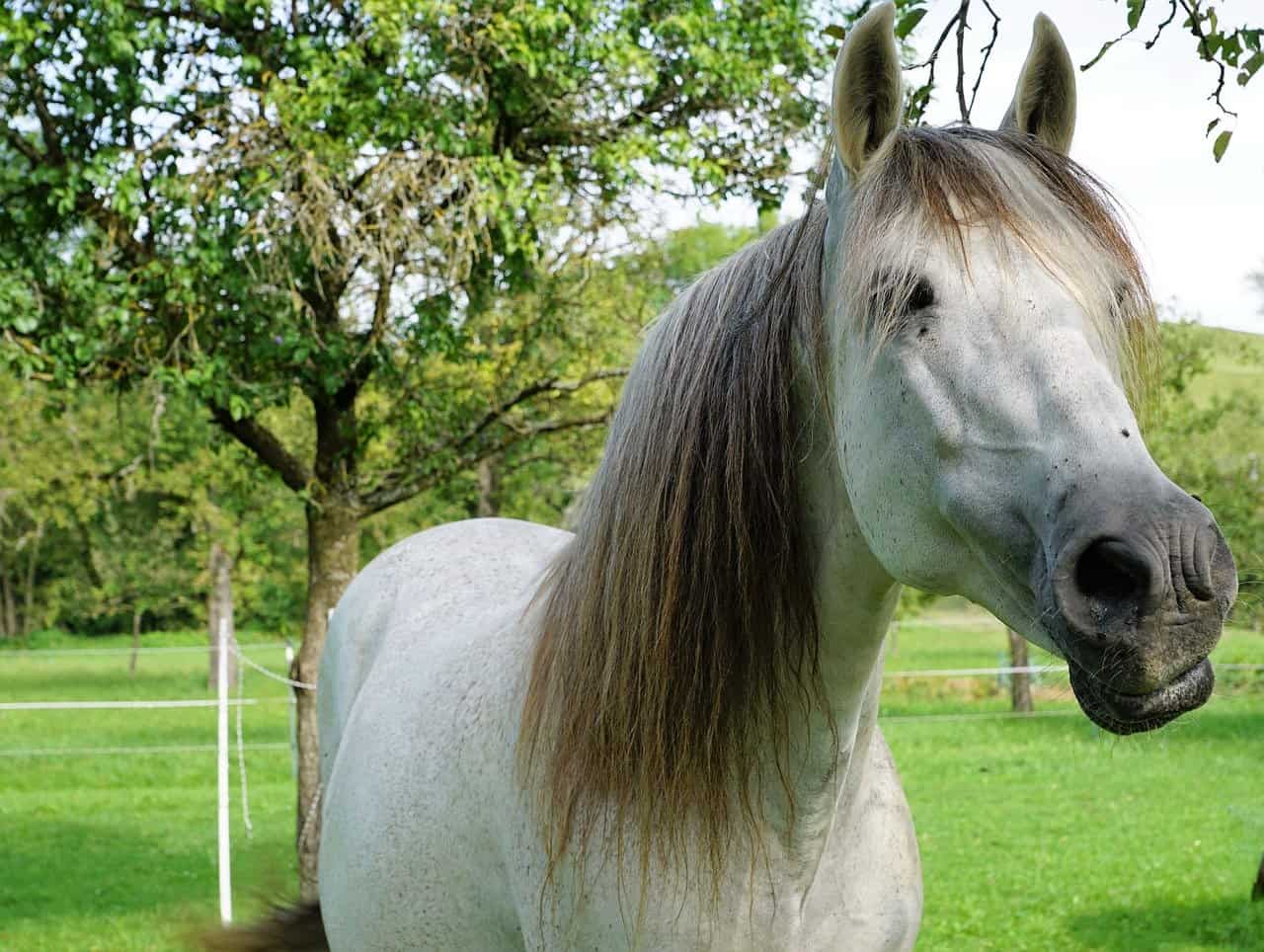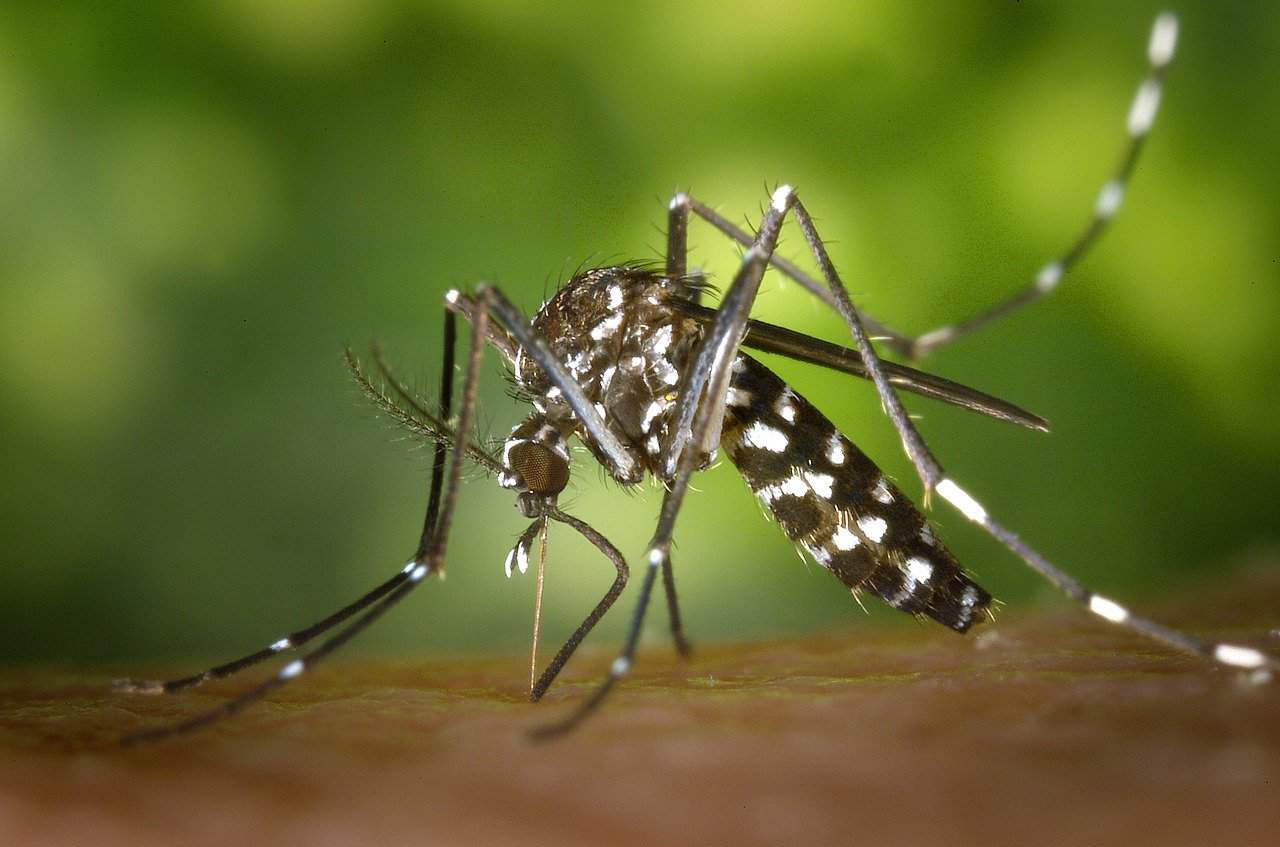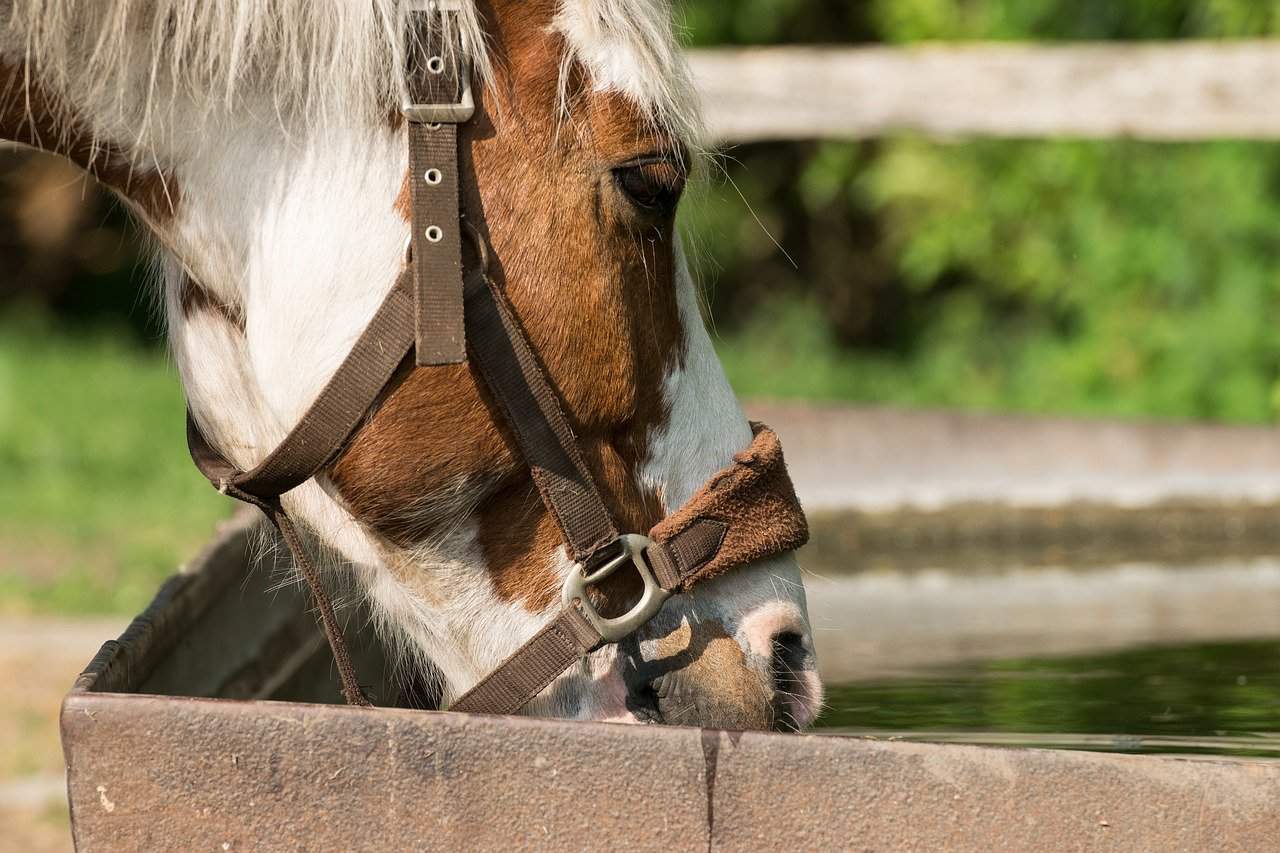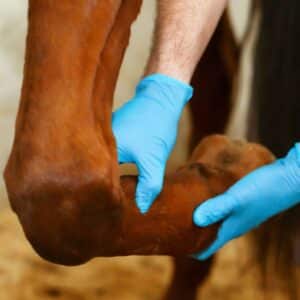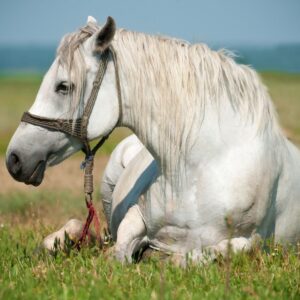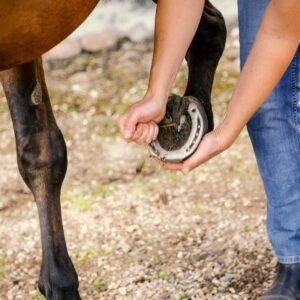As cases of Eastern Equine Encephalitis appear across the country, it's important for every horse owner to know the facts about this potentially fatal disease. Every year, this mosquito-transmitted virus shows up in the news as horses die and local communities struggle to contain the threat. In 2020, there has been a surge of cases in Michigan and Louisiana. EEE has potential to show up in every state in the country, and the only way to protect your horses is to be as educated and prepared as possible.
He are the basic facts that are essential to preventing and detecting Eastern Equine Encephalitis.
How do Horses Get EEE?
EEE is a vector-born virus that is transmitted to horses through mosquitos and other biting insects. Birds serve as the original hosts, and when a mosquito bites an infected bird, it can then transfer the virus to a horse or human.
Once a horse has been bitten by an EEE-carrying mosquito, it cannot pass on the virus to other horses or humans. It is not contagious, but surges of the disease often happen in small communities due to the prevalence of infected birds and mosquitos.
How Serious is EEE?
Unfortunately, EEE is considered to be one of the most deadly mosquito-borne illnesses out there. There is no cure, and horses suffer an extremely high morbidity rate of 75-95%. Even if the virus is caught early, supportive care isn't always enough to see them through. Most horses succumb to the illness within 2-3 days of noticeable symptoms.
What are the Symptoms of EEE?
Early detection is often a horse's best chance at survival. Recognizing the symptoms and taking appropriate action is paramount in fighting the virus. With an incubation period of 3-7 days, a horse might not show physical symptoms until days after they've transmitted the disease.
In the first few days, the most common symptom is a loss of appetite or depression without a fever. As the virus progresses, however, a fever of at least 102.5 degrees Fahrenheit develops. From there, noticeable signs include muscle tremors, drowsiness, and convulsions. According to AAEP, here are other symptoms to look out for:
- Periods of hyper-excitability or apprehension
- Cranial nerve paralysis, weakness of the tongue
- Head tilt, droopy lip, muzzle deviation
- Weakness or incoordination in one or all limbs
- Complete paralysis in one or all limbs
- Colic
- Inability to stand
Few horses exhibit all of the above symptoms, but it's important to observe horses closely for unusual behavior. If they're turned out for most of the day, symptoms might not be obvious.
How to Prevent EEE in Horses
In lieu of a surge of EEE cases in Michigan, State Veterinarian Nora Wineland told Detroit news outlets,
"Like other diseases, especially mosquito-borne diseases that affect both animals and humans, a multi-pronged approach is needed addressing mosquitos, protecting people, and safeguarding animals area ll key and require coordinated actions by animal owners, veterinarians, homeowners, parents, and state and local government."
At your own barn, there are several things you can do to protect your horses.
First, there is a vaccine that vets recommend all horses get. It is typically not required, but keeping up with this particular vaccine could prove to be life-saving. Besides the vaccine, it's also important to protect your horse from mosquitos. Here are a few ways to do that:
Horse Courses by Elaine Heney
- Listening to the Horse - The Documentary by Elaine Heney & Grey Pony Films
- Shoulder In & Out Training for better balance, bend & topline development with your horse
- Over 110+ Polework Exercises & Challenges to Download
- Dancing at Liberty & Creating Connection with Your Horse (11 lessons) - Grey Pony Films
- Remove all standing water that could harbor mosquito larvae. Drain water troughs and empty buckets on a regular basis.
- Stock ponds and large water tanks with fish that eat mosquito larvae.
- Use horse-safe mosquito repellant while your horses are turned out.
- Keep horses in stalls or barns during times when mosquitos are most likely out biting (from dusk to dawn).
If you suspect your horse is showing signs of EEE, call your veterinarian right away. There's no known cure, but supportive care can help some horses battle the virus and survive.

